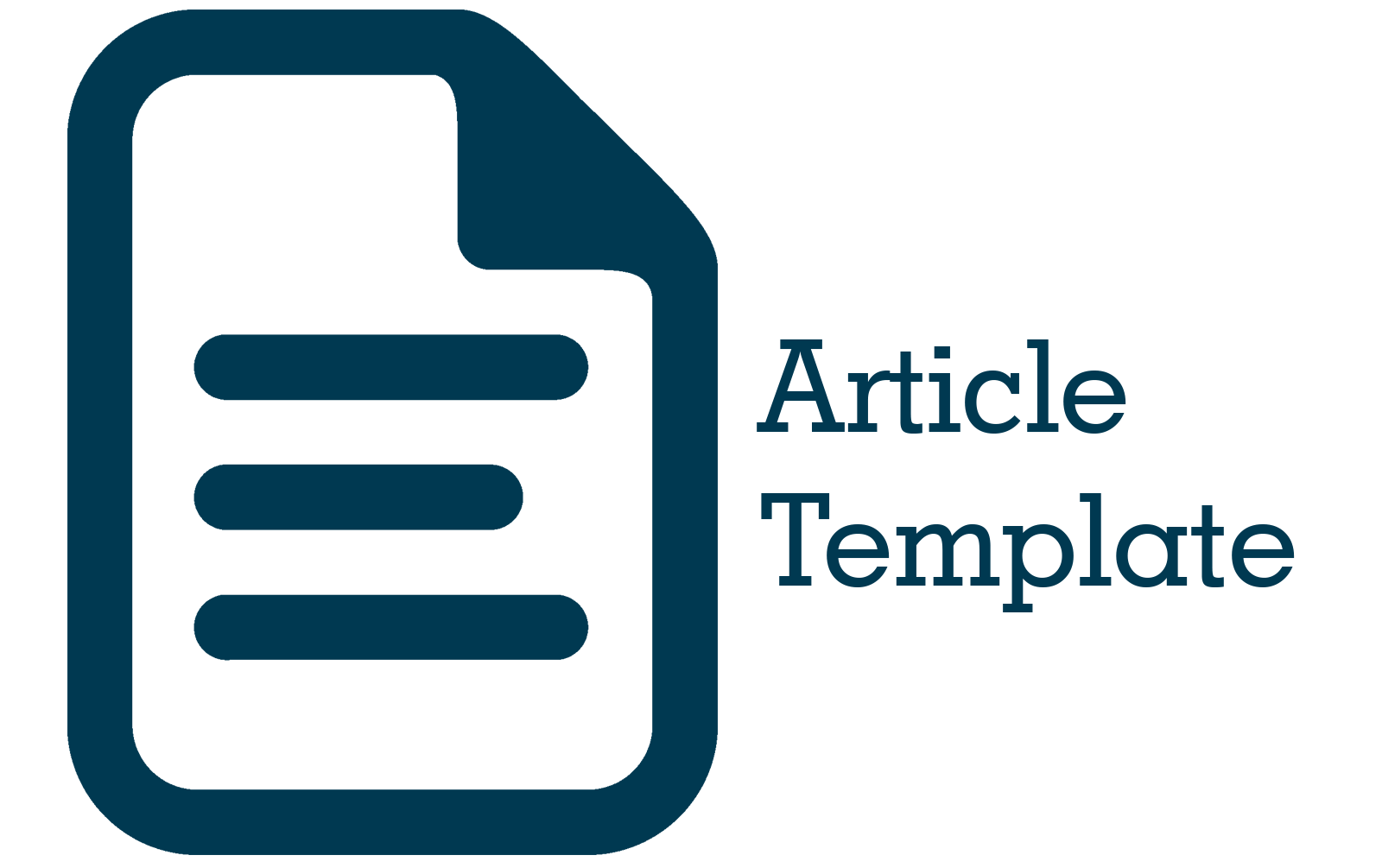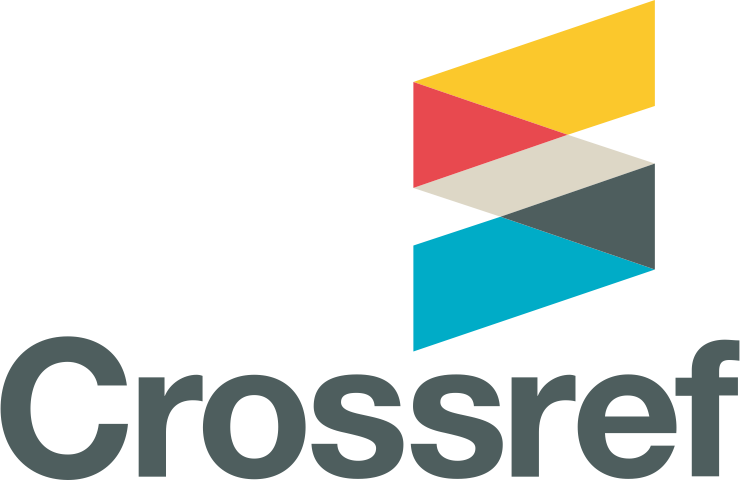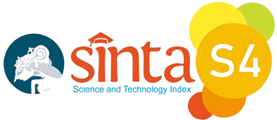ANALISA DAN PARADIGMA PENDIDIKAN ILMU KOMPUTER DI INDONESIA
DOI:
https://doi.org/10.33633/tc.v11i3.1008Abstract
Pusat pengembangan terpenting dalam dunia pendidikan saat ini yang sangat dibutuhkan adalah pengembangan pendidikan ke arah bagaimana kita menggabungkan antara teknologi dan jiwa kewirausahaan, tetapi yang menjadi masalah utama di sini adalah banyak universitas belum dapat berfokus pada hal tersebut karena ketidaksiapan sumber daya manusia yang ada. Di sini kita membutuhkan pertimbangan, rencana, dan aksi untuk segera mengembangkan hal ini, sebab jika ini tidak terjadi, kita akan sulit menghadapi era globalisasi. kemajuan suatu Negara harus didukung oleh kesiapan sumber daya manusia yang berkualitas, berpotensi dan siap untuk menghadapi itu semua. Kuncinya adalah perubahan paradigm yang diperlukan untuk dapat membuat semuanya dapat berhasil dengan baik. Kata kunci : pendidikan, universitas, ilmu komputer, sumber daya manusia, kewirausahaan.Downloads
Published
Issue
Section
License
Copyright (c) 2012 De Rosal Ignatius Moses Setiadi, Indra Gamayanto

This work is licensed under a Creative Commons Attribution-NonCommercial 4.0 International License.
License Terms
All articles published in Techno.COM Journal are licensed under the Creative Commons Attribution-NonCommercial 4.0 International (CC BY-NC 4.0). This means:
1. Attribution
Readers and users are free to:
-
Share – Copy and redistribute the material in any medium or format.
-
Adapt – Remix, transform, and build upon the material.
As long as proper credit is given to the original work by citing the author(s) and the journal.
2. Non-Commercial Use
-
The material cannot be used for commercial purposes.
-
Commercial use includes selling the content, using it in commercial advertising, or integrating it into products/services for profit.
3. Rights of Authors
-
Authors retain copyright and grant Techno.COM Journal the right to publish the article.
-
Authors can distribute their work (e.g., in institutional repositories or personal websites) with proper acknowledgment of the journal.
4. No Additional Restrictions
-
The journal cannot apply legal terms or technological measures that restrict others from using the material in ways allowed by the license.
5. Disclaimer
-
The journal is not responsible for how the published content is used by third parties.
-
The opinions expressed in the articles are solely those of the authors.
For more details, visit the Creative Commons License Page:
? https://creativecommons.org/licenses/by-nc/4.0/













